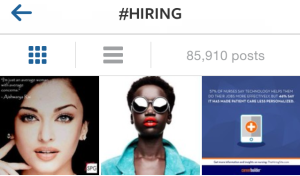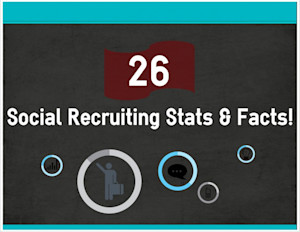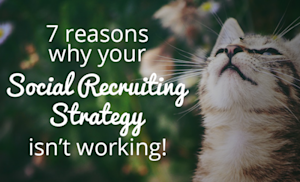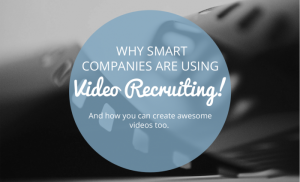
3 Tips for Preventing a Hiring Hangover
I fear I've been neglecting a very important part of blogging. A part of blogging so fundamental, so important, and so substantial that I shudder to think how upset with me you must be, dear reader.
I have been neglecting to write holiday-themed posts.
For this, I am sorry.
But hear me out: I've been living overseas,and the holidays here are, quite literally, foreign to me. Usually, they involve a lot of the color orange, and toast covered in celebratory sprinkles. Check out Stuff Dutch People Like and you'll see what I'm talking about!
All of that changes today!
Today, I will write a themed post about one of the most meaningful holidays that man has ever known.
Saint Patrick's Day.
In honor of this glorious celebration of drunken mischief and debauchery, we're going to tackle a very meaty issue.
How to prevent a recruiting hangover.
Don't act like you don't know what I'm talking about. We all know the stats on failed hires (46% of hires fail within 18 months). I'm talking about those hires that cause you nothing but a throbbing headache, nausea, and an overwhelming feeling of regret.
And it's all because you didn't take the necessary preventative steps when sourcing, recruiting, and on-boarding these candidates. Unlike the kind of hangover that is synonymous with the day after St. Patrick’s Day, an aspirin, pancakes, and spending the day in bed won't help cure recruiting hangovers. Although it couldn't hurt!
Instead, try implementing these three tricks to insure that you keep recruitment regrets to a minimum.
1 - Look Beyond the Resume
Sure a candidate's resume might be top-notch, but if they are stubborn, refuse to take direction, or have no passion for the work that you're hiring them to do, all the credentials in the world won't make them a quality hire.
I'm not saying that you should ignore resumes. They are an important way to assess your potential hire's hard skills. What I am saying is that you need to read between the lines in order to get a better idea of what their soft skills are.
This is a great argument for checking out a potential candidate's LinkedIn, Facebook, and Twitter profiles – you may just find a diamond in the rough, or rule out a hangover in the making!
2. Interview with Fit in Mind
By the time the face-to-face interview stage comes along, you should have a pretty good idea of a potential candidate's technical skills. Use this time to get a better understanding of whether or not your candidate possesses the personality traits that will make them succeed at your company
85% of candidate failure is due to attitudinal shortcomings, so one of the best ways to curb your failure rate is to assess a candidate’s temperament, motivation, emotional intelligence, social skills, and coach-ability.
Ask your interviewee to describe workplace experiences that will give you insight into these aspects of their personality.
You can also bring members of the team they will potentially work with into the interview process. Your current employees have a pretty good idea of what characteristics make for a good co-worker. I mean, honestly, no one wants to work with a jerk!
3. Measure, Assess, Progress
Record the questions you ask, the answers your candidate gives, and as many other details about your hiring process that you can.
Look back over all of this information every six months or so, with the success of those candidates you have hired in mind.
You can then get an idea of what questions work the best, what kinds of answers should set off alarms bells, where your best candidates found you, or where you found them, and much, much more. This data will allow you to make informed decisions about the future of your hiring process.
I feel much better now... Could one of you guys please remind me to write an Easter Bunny post?
May your Saint Patrick's Day be a lucky one, and well worth the unpleasant aftermath!
For more great tips about preventing recruiting-induced headaches, sign up for our newsletter!





